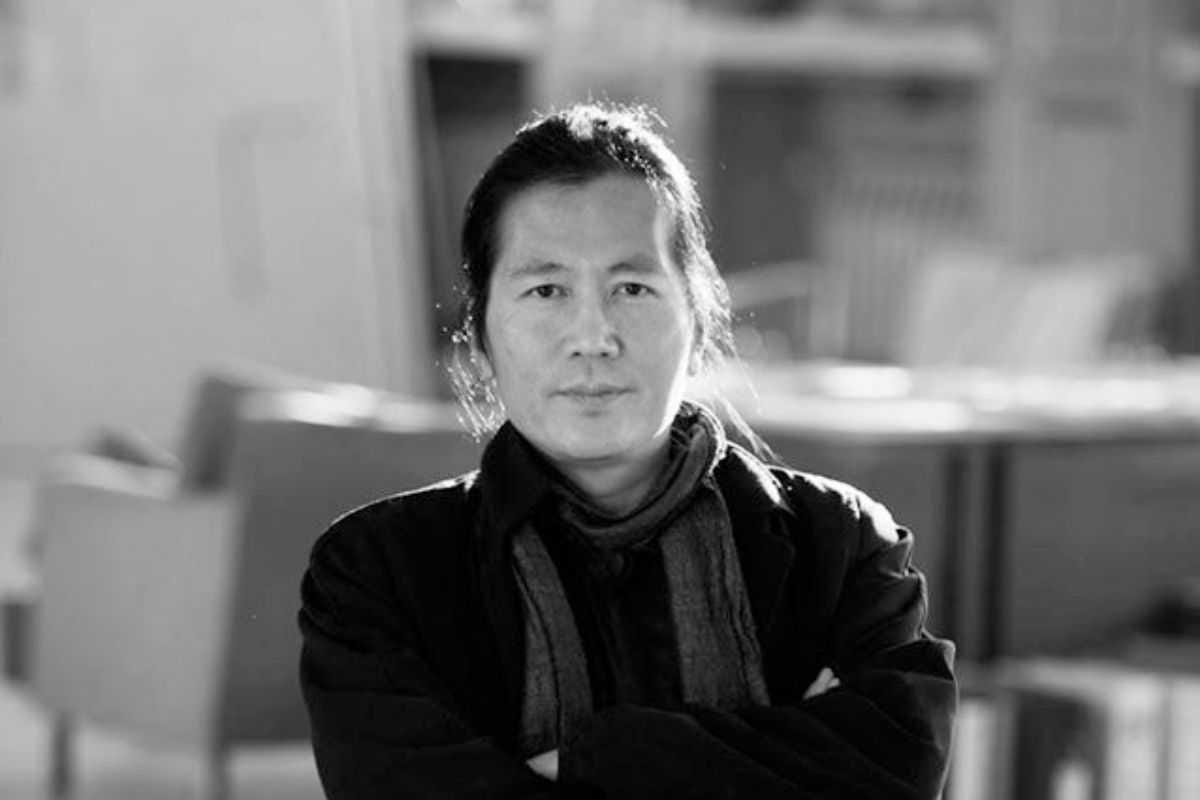The Burnout Society and The Tyranny of Endless Positivity
Byung-Chul Han
Have you ever felt profoundly exhausted, not from physical labor, but from the endless pressure to perform and optimize? That persistent hum of expectation, that nagging voice telling you to be more productive, more creative, more… well, *more*? In this deep dive, we'll explore the groundbreaking philosophy of Byung-Chul Han and his essential book, "The Burnout Society." We’ll uncover why modern life, with its constant mantra of "Yes, you can," is leading to epidemic levels of burnout, anxiety, and depression. Prepare to question everything you thought you knew about the relentless pursuit of success.
From Discipline to Performance: The Shift That Broke Us
We begin by dissecting the crucial shift that Byung-Chul Han identifies: the move from a "Disciplinary Society" to today's "Achievement Society." Imagine a world governed by rigid rules, institutions like prisons, factories, and schools – places designed to control and confine. This was the world of Foucault's "Disciplinary Society." Now, contrast that with the pressures of the modern office, the expectations of the gig economy, the constant demands of social media. Do you see the difference?
In the Disciplinary Society, we were *subjects*, controlled by external forces. Think of the factory worker chained to the clock. In the Achievement Society, we are *achievement-projects*, endlessly driven to perform, optimize, and self-improve. This shift, Han argues, is fundamental. It’s a subtle but devastating change that has fundamentally altered the nature of our exhaustion.
Are you your own boss, or your own jailer? This question, posed by Han's analysis, cuts to the core of the issue.
The Self-Exploitation Machine
The "Achievement Society" fosters a culture of *self-exploitation*. Unlike the factory worker who could point a finger at a tyrannical boss, we are now both the perpetrator and the victim. We internalize the pressures to succeed, becoming our own taskmasters. We push ourselves relentlessly, often driven by a desire for self-fulfillment, for that elusive "authentic" life. But at what cost?
The key to understanding Han's analysis lies in this concept of *self-exploitation*. We don't realize the mechanisms at work. We are not enslaved by others, but enslaved by ourselves, and this makes the pressure, and the burnout, even more insidious.
Consider this video:
. It highlights the societal pressures and the emotional toll of constant productivity. Does it resonate with your experience?
The Violence of Positivity
At the heart of Han's critique is his most startling concept: the "violence of positivity." This isn't just about being optimistic; it's about the *tyranny* of it. In a society that demands constant innovation, passion, and availability, positivity becomes a form of control. Negative emotions are suppressed, vulnerability is discouraged, and the pressure to be "happy" and "successful" is unrelenting.
"The compulsion to perform, to produce, to work is a form of self-exploitation," Han writes. "It does not function by exclusion, but by inclusion, through the invitation to participate."
The problem isn't just the pressure to *do*; it's the pressure to *feel* positive about it. This is where the violence lies. It’s a subtle, pervasive force that demands constant self-improvement and happiness, even when it's impossible or unhealthy.
The Consequences: Burnout, Depression, and the Loss of the Self
The consequences of living in a "Burnout Society" are devastating. Han points to the rising rates of depression, anxiety, and burnout. The constant pressure to perform, coupled with the internalization of external demands, leads to a deep sense of exhaustion and a feeling of being perpetually overwhelmed. We lose our ability to simply *be*, to experience moments of rest and reflection.
Consider this: The very tools we use to connect with others – social media, email, instant messaging – become instruments of our own exploitation. We are constantly "on," perpetually reachable, unable to disconnect and recharge.
What is lost when rest, contemplation, and genuine human connection are sacrificed at the altar of productivity?
Finding Liberation in the Pause
Han's analysis isn't a call for despair; it's a call for awareness. By understanding the forces at play, we can begin to resist them. This requires a conscious effort to cultivate practices that counter the pressures of the "Achievement Society."
Here are some steps you can take:
**Recognize the pressure:** Identify the internal and external forces driving you to perform.
**Set boundaries:** Learn to say "no" and disconnect from the constant demands of work and social media.
**Prioritize rest and reflection:** Make time for activities that nourish your mind and body, not just your resume.
**Cultivate self-compassion:** Be kind to yourself. Accept that you are not perfect and that it's okay to fail.
Unlock deeper insights with a 10% discount on the annual plan.
Support thoughtful analysis and join a growing community of readers committed to understanding the world through philosophy and reason.
Reclaiming Your Time, Reclaiming Yourself
Byung-Chul Han's "The Burnout Society" offers a powerful critique of modern life, exposing the hidden pressures that are driving us to exhaustion and despair. It’s a wake-up call, urging us to recognize the violence of positivity and the insidious nature of self-exploitation.
The key takeaway? We need to reclaim our time, our energy, and our sense of self. We must actively resist the demands of the "Achievement Society" and create space for rest, reflection, and genuine human connection. Only then can we escape the cycle of burnout and begin to live more fulfilling lives.
The choice is ours. Will you succumb to the relentless pressure, or will you choose to *be*?




Amen to rest and reflection- the new wealth
Yes it’s the cult of performance … and what’s tricky about the achievement society is that it doesn’t feel like pressure at first, it feels like encouragement.
The push to “stay positive” and “be your best self” comes with a smile, not a threat.
But after a while, you realize it’s not kindness, it’s a quiet rule: no slowing down, no showing cracks, no saying you’re tired.
It’s exhausting to keep performing happiness.